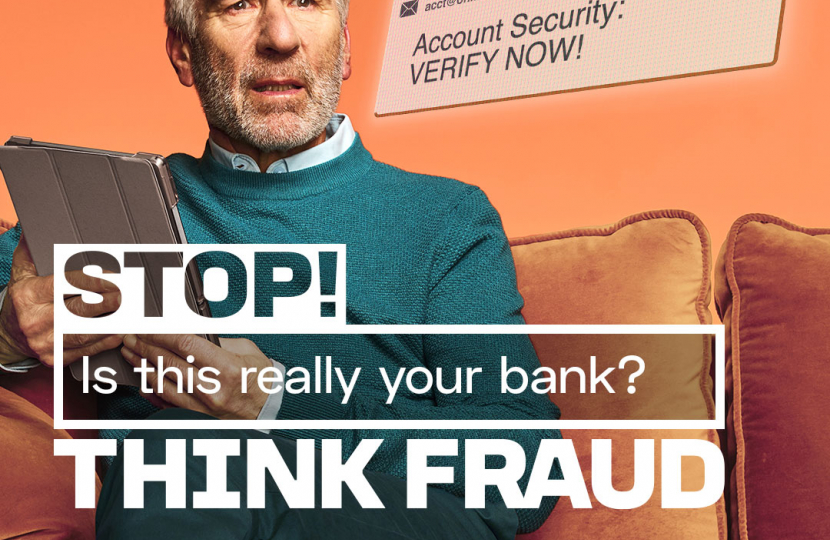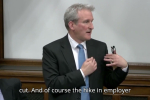
For this week's column for the Herald and Post I return to the subject of fraud...
I wouldn’t normally answer a call on my mobile if I didn’t see a number I recognised. But the other day I did. It had rung several times; perhaps it was something important.
“Oh, hello. First, just to let you know, this call may be recorded for training purposes.” It was the usual patter. “Now, can you just confirm please your full name and postcode for me?”
Er, no. He had called me, not the other way around. Luckily I spotted the oddity in time, despite the familiarity of the script. But honestly, I can see that on another day I might not have done straightaway.
“Why are you asking me that? And who’s calling?”
The line went dead.
Now I don’t actually know of course what the purpose of that call was, but I suspect it might have been part of a process of ‘building out’ contact lists for defrauding people weeks or months later.
The fraudster starts with a set of random mobile phone numbers; that’s not worth much to anyone. He needs to attach personal detail to each number to make it useful, and if he can get a name and a postcode, that could be used to link to other sorts of data.
The eventual use of that data might be an attempt at so called ‘authorised push payment’ fraud where the person who contacts you knows so much about you that it must be the bona fide bank / utility company / etc, right?
I learned when I was at the Home Office working on the Fraud Plan just how complex and sophisticated the business is. The criminal group carrying out the final stage of the fraud may not be the same one that builds out (and then sells) the target list, and the man who phoned me may not even have known he was part of a criminal activity at all. Others may do web site infrastructure, place ads and so on, with others again laundering the proceeds.
There are many methods of approach: phone, text, email, the post, fake web sites and social media profiles, and in-person. And many different types, from high-value investment fraud, to too-good-to-be-true shopping scams, to the horrible genre of romance fraud.
A further complication is that, unlike most ‘traditional’ crime, much of fraud is so-called ‘distance crime’. Indeed the distances can be great, and outside British jurisdiction. Estimates are that most fraud has at least some international element, and that 1 in 4 UK frauds involve no UK-based perpetrator at all.
There has been progress, with the Fraud Plan, and concerted effort from both law enforcement and industry, especially the banks. Those extra checks on your banking app may slow things down a bit – but they have disrupted many a scam.
Estimates from the most recent Crime Survey for England and Wales show a 13% decrease year-on-year. But there is still far too much. I know from the Hampshire Economic Crime Unit the breadth of frauds that have been seen in our area.
There is more work going on all the time to disrupt and deter the organised crime gangs behind this. But there is also much we can do ourselves.
As the new National Campaign Against Fraud puts it: “By staying vigilant and always taking a moment to stop, think and check whenever we’re approached, we can help to protect ourselves and each other from fraud.”
Please do take a moment to visit: stopthinkfraud.campaign.gov.uk.



